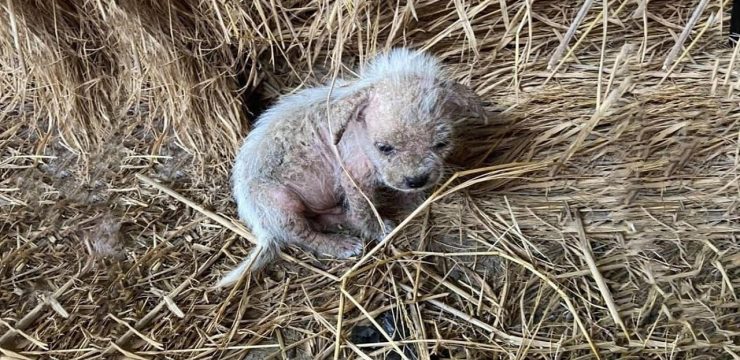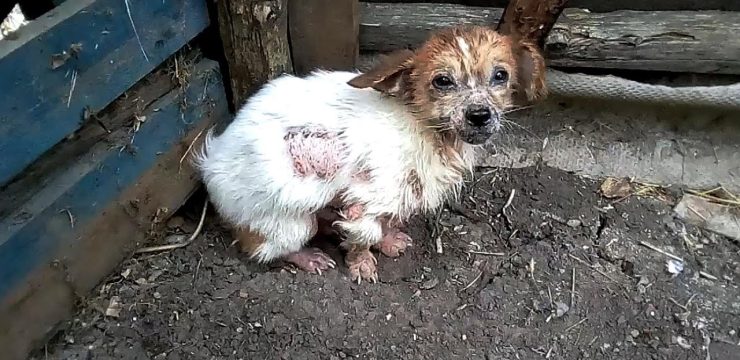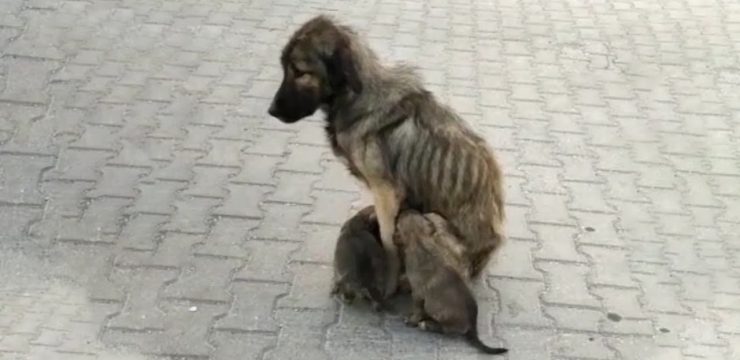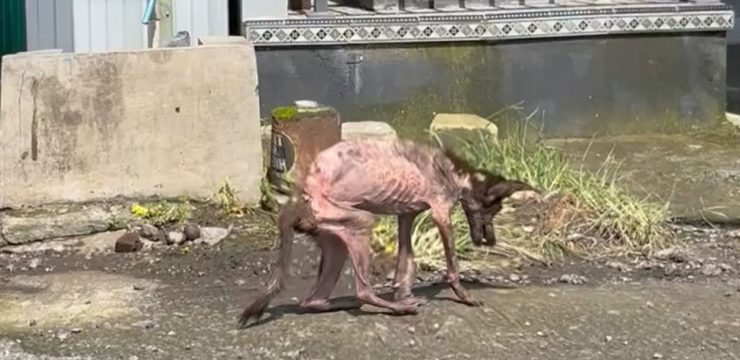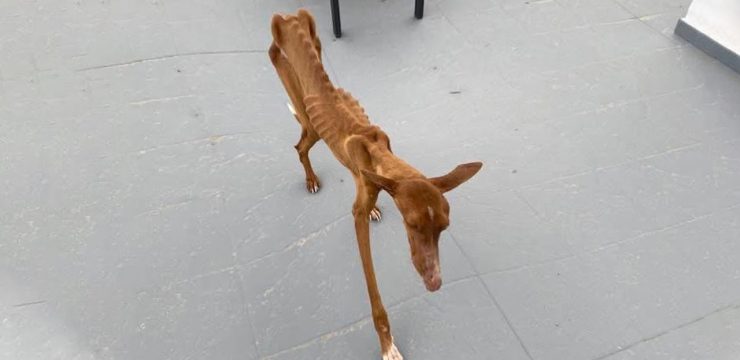Of all the places an animal could live, the cargo bed of an old, rusty pickup truck should never be one of them—especially not for a majestic wild cat like a puma. Yet, that’s exactly where Mufasa, a full-grown puma, spent two long decades of his life. He wasn’t in the wild, roaming freely through the forests of Peru. He wasn’t being protected or cared for. Instead, he was chained up and displayed as a spectacle in a traveling circus, reduced to nothing more than a sideshow attraction.
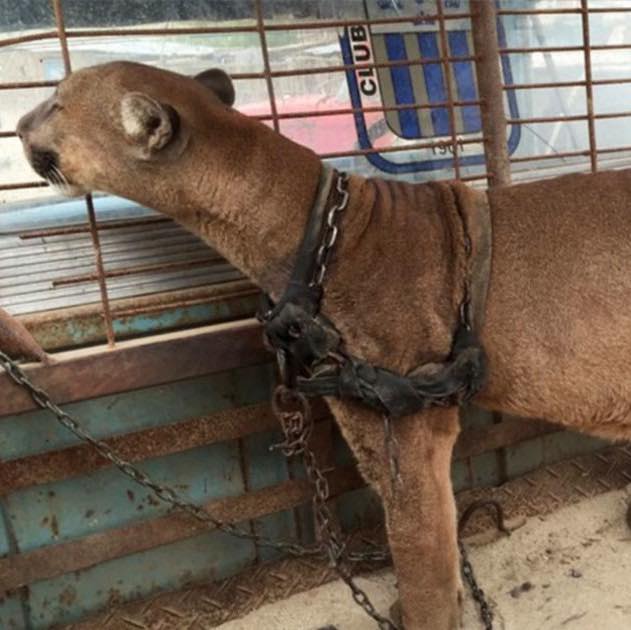
There’s something deeply wrong with the way humans often treat wild animals, especially those deemed “exotic” or “exciting.” Just because an animal looks majestic or rare doesn’t mean we have the right to rob it of its freedom or natural way of life. Unfortunately, the entertainment industry continues to profit from the exploitation of animals like Mufasa. Across the globe, animals are still being forced into tiny cages, kept in harsh conditions, and paraded around for the amusement of people. From roadside zoos to international circuses, the cruelty persists under the guise of entertainment.
Mufasa’s life was the embodiment of this injustice. Pumas—also known as mountain lions—have long fascinated humans, particularly those unfamiliar with their true nature. Early settlers in the Americas mistook them for lionesses, which only added to the mystique and mythos surrounding these powerful creatures. Over time, their image has been romanticized and commodified, turning them into desirable attractions for wildlife exhibits and circus acts. And so, animals like Mufasa are torn from their rightful homes, sentenced to lives of captivity where their instincts are suppressed and their dignity is stripped away.
Mufasa didn’t choose this life. For twenty years, he was a prisoner in plain sight. Between shows, he was confined to the back of a pickup truck, with barely any room to move. He endured every season, every storm, and every blistering day in the same cramped, inhumane conditions. His chains were not just physical—they were symbolic of a system that saw his worth only in terms of ticket sales and applause.
But eventually, fate intervened. In 2015, after years of suffering, Mufasa was finally rescued by a courageous group called Animal Defenders International. This organization had spent years campaigning to shut down the circus that held Mufasa captive. Their work was tireless, dangerous, and full of obstacles—but they never gave up. And when they finally succeeded, Mufasa became the last wild animal to be freed from that particular circus.
The moment Mufasa was unchained was powerful. For the first time in decades, he didn’t have to perform, didn’t have to fear a whip, and didn’t have to sleep on cold metal. Instead, he was gently relocated to a sanctuary designed to replicate the lush, vibrant landscape of the Peruvian forest. While he could never be released fully into the wild—years of captivity had taken a serious toll on his health and instincts—this sanctuary gave him the closest experience possible to a real home.
Watching Mufasa step onto soft grass, feel the earth beneath his paws, and bask in the natural light was an emotional moment. It was a reminder of the simple pleasures that every living creature deserves. His first steps outside the confines of that truck were tentative, but soon he was exploring with wonder. It was clear that he recognized, at least in some instinctual way, that this place was different. It was safer. It was better.
Sadly, Mufasa’s newfound freedom was short-lived. Just a few months after his rescue, in December of 2015, he passed away. His body had been through too much—years of poor treatment, stress, and confinement had led to kidney failure and other age-related health issues. The people who saved him did everything they could to care for him, but the damage inflicted by a life in chains could not be undone.
While it’s heartbreaking that Mufasa didn’t get more time to enjoy his freedom, there’s solace in knowing that he died in peace, surrounded by people who respected and cared for him. He left this world not as a circus act, but as the beautiful wild animal he was meant to be. He experienced love, kindness, and dignity in his final days—and that matters.
Mufasa’s story is more than a tale of rescue; it’s a wake-up call. It urges us to rethink how we view and treat animals, especially those used for entertainment. No creature should live in chains, denied of its natural instincts and freedoms, just for our momentary amusement. Animals are not props or performers—they are sentient beings with needs, desires, and emotions.
Let this be a reminder that real compassion means recognizing the rights of all creatures to live freely. If you ever attend a circus, zoo, or wildlife show, ask yourself: is this animal truly thriving, or just surviving? Your choices matter. Your voice matters. And together, we can create a world where no animal has to suffer the way Mufasa did.
Let’s honor Mufasa by standing up against the cruelty that took most of his life. Let’s speak out for the voiceless, support ethical animal sanctuaries, and demand an end to wild animals being used for profit. In doing so, we ensure that Mufasa’s story lives on—not as a tragedy, but as a catalyst for change.

